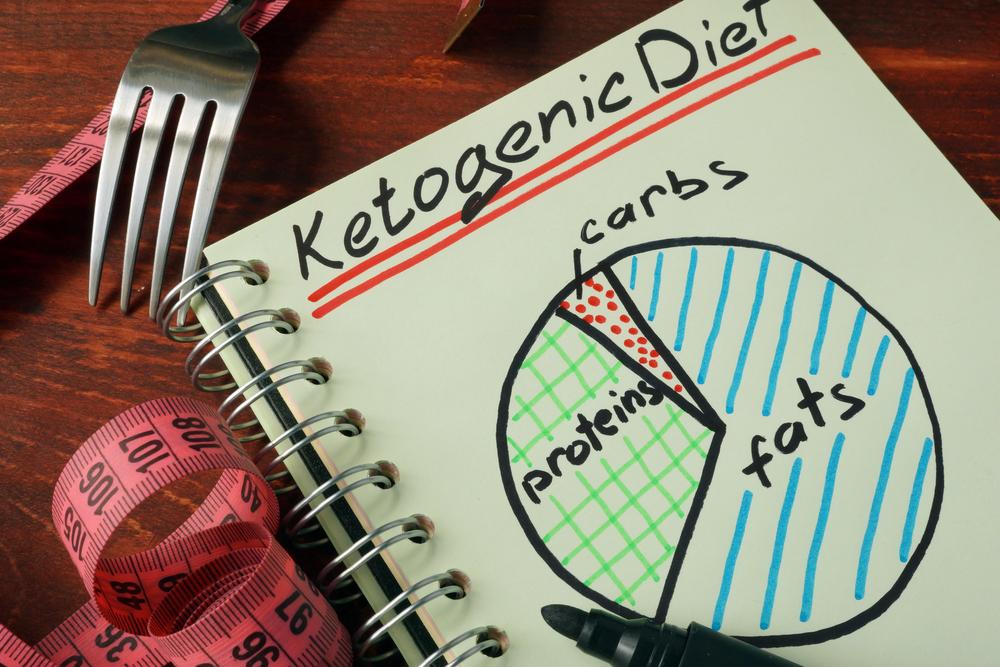Advantages and Disadvantages of a Keto Lifestyle
Explore the advantages and disadvantages of adopting a ketogenic diet. Learn how ketosis promotes fat loss, improves insulin sensitivity, and may aid in managing diabetes and enhancing fertility. Discover potential risks like ketoacidosis, digestive issues, weight performance, and fatigue. Make informed decisions with thorough research and understanding of both benefits and challenges for a successful keto lifestyle.

Advantages and Disadvantages of a Keto Lifestyle
Ketosis is a metabolic state where the body utilizes fat instead of carbohydrates for energy due to a low-carb intake. The ketogenic diet has gained popularity for its potential health benefits, but it’s important to understand both its advantages and possible drawbacks before committing. While the benefits are promising, success relies on proper implementation and awareness of potential risks. Educating yourself about the keto lifestyle ensures informed decisions and effective results.
Benefits
Embracing a keto diet offers several advantages, including:
Reduction in body fat
This diet effectively promotes weight loss and significantly decreases body fat percentage, despite higher fat consumption. The healthy fats ingested are burned as fuel when carbohydrate intake is minimal, leading to fat loss once ketosis is achieved.
This process is driven by the body burning stored fat for energy during ketosis.
Enhances insulin function
A ketogenic diet can improve insulin sensitivity, helping the body efficiently manage glucose levels without over-relying on insulin. This reset of insulin response enhances metabolic health.
Aids in Diabetes Management
Particularly beneficial for individuals with Type 2 diabetes, a low-carb approach helps stabilize blood sugar levels naturally, often reducing or eliminating the need for insulin injections.
Boosts Female Fertility
As ketosis supports blood sugar regulation and weight management, it positively impacts reproductive hormones, potentially increasing fertility in women by reducing obesity and restoring hormonal balance.
Potential Drawbacks
While beneficial, a keto diet also presents certain challenges, such as:
Ketoacidosis Risks
A significant concern is ketoacidosis, where the body produces excessive blood acids due to carbohydrate restriction, which may require medical intervention like IV fluids or insulin.
Digestive Issues
Imbalanced intake of fats and carbs can lead to gastrointestinal disturbances, including constipation, diarrhea, and nausea during initial adaptation.
Impaired Physical Performance
The lack of carbs may reduce stamina and strength, affecting athletic activities, endurance, and performance improvements.
Overall Fatigue
During the transition phase, individuals often experience increased tiredness, which may temporarily impact mood and daily activity levels, despite ketosis’s mood-boosting benefits.
Thorough research is essential for any dietary change. Factors like individual body response, personal goals, time frame, and willingness to adapt influence success. Consistency and perseverance are key to achieving the desired outcomes with any diet.









